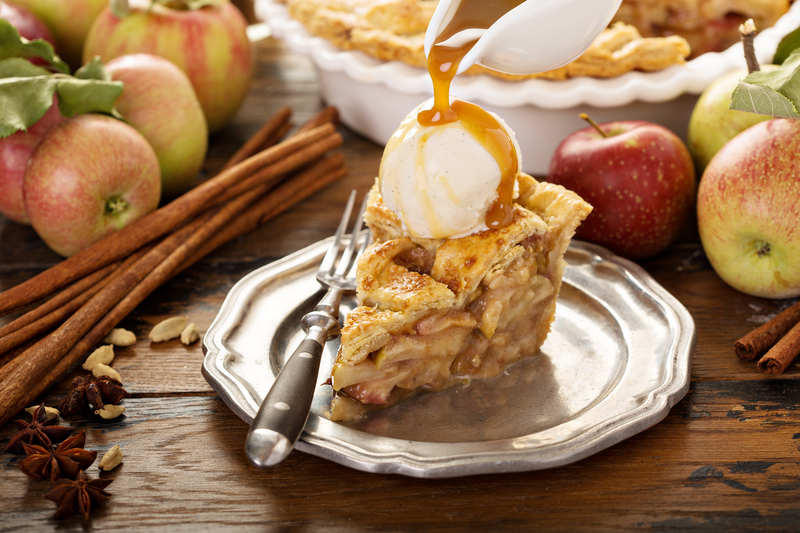 The apple pie, an iconic American dessert, has been a source of culinary delight for centuries.
The apple pie, an iconic American dessert, has been a source of culinary delight for centuries.
One aspect that sparks debate among bakers and pie enthusiasts is the texture of the apples within the pie. Should apples be firm or tender?
In this article, we delve into the arguments on both sides of the spectrum to help you decide what makes the perfect apple pie.
The Case for Firm Apples
- Maintaining Structure
Firm apples in a pie contribute to the overall structure of the dessert.
They hold their shape well during baking, creating distinct layers of fruit that are visually appealing when the pie is sliced.
- Textural Contrast
Some argue that the slight crunch of firm apples provides a delightful contrast to the flaky pastry crust.
This interplay of textures enhances the overall eating experience, offering a more dynamic and satisfying bite.
- Reduced Moisture Content
Firm apples have a lower moisture content, which can prevent the pie from becoming excessively soggy.
This can be particularly important when aiming for a pie with a crisp crust that remains intact even after slicing.
The Argument for Tender Apples

- Enhanced Flavor Infusion
Advocates for tender apples believe that softer fruit allows for better absorption of flavors from sugars and spices during baking.
The result is a pie with a more harmonious blend of tastes, where the sweetness and spices permeate the apple slices.
- Ease of Eating
Some argue that tender apples make for a more enjoyable eating experience.
The soft texture of the fruit can be especially appealing to those who prefer a pie that is easy to cut through and doesn’t require a hearty bite.
- Uniform Melding of Flavors
Tender apples may lead to a more homogeneous distribution of flavors throughout the pie.
This can result in a consistent taste profile in every bite, as opposed to the distinct layers present in a pie with firmer apples.
Finding the Middle Ground
- Hybrid Approach
Some bakers opt for a middle ground, using a combination of both firm and tender apples.
This approach aims to strike a balance, offering the structural integrity of firm apples while benefiting from the enhanced flavor infusion of softer ones.
- Selecting the Right Variety
The choice of apple variety can significantly impact the texture of the pie.
Experimenting with different types, such as Granny Smith for firmness or McIntosh for tenderness, can help you tailor the pie to your preference.
Bottom Line – Should Apples Be Firm in Pie?
 In the age-old debate over the texture of apples in pie, there is no one-size-fits-all answer.
In the age-old debate over the texture of apples in pie, there is no one-size-fits-all answer.
Whether you prefer the satisfying crunch of firm apples or the melt-in-your-mouth tenderness of softer fruit, the perfect apple pie is ultimately a matter of personal taste.
So, the next time you bake a pie, consider experimenting with different textures to discover the combination that suits your palate best.
After all, the joy of apple pie lies not just in its structure but in the delightful harmony of flavors that dance on your taste buds with each and every bite.


